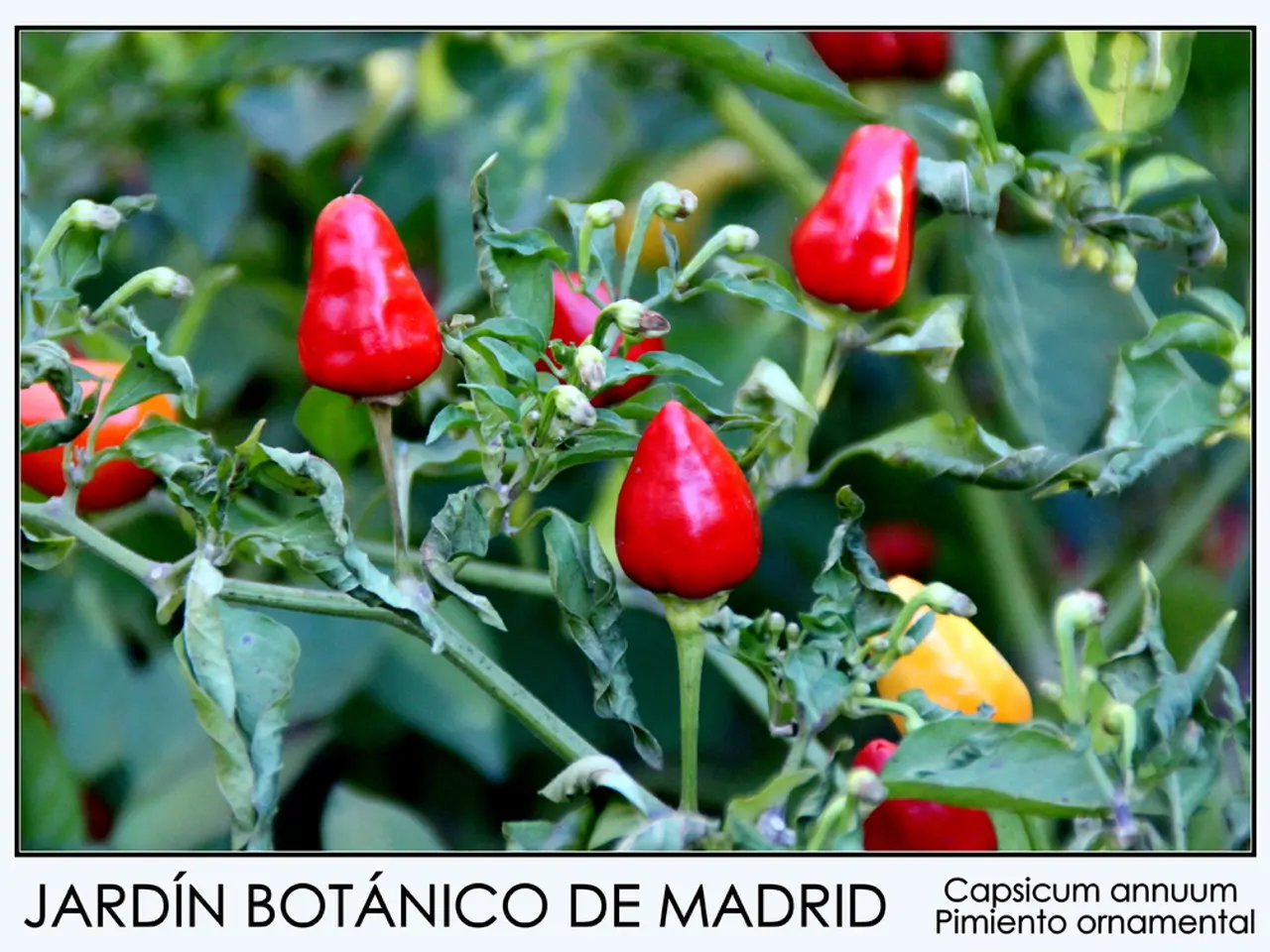Ensuring Safe International Trade: Key Regulations and Organizations
Phytosanitary and Cleanliness Standards, abbreviated as SPS
International trade relies on a set of regulations and organizations to ensure the safety of food and prevent the spread of plant pests and diseases. One of the most crucial agreements in this regard is the Sanitary and Phytosanitary (SPS) Agreement under the World Trade Organization (WTO). This agreement aims to ensure that SPS measures are scientifically justified and do not create unnecessary barriers to trade. It requires countries to base their regulations on international standards or risk assessments.
Another significant set of standards is the International Standards for Phytosanitary Measures (ISPMs), established by the Commission on Phytosanitary Measures (CPM) under the International Plant Protection Convention (IPPC). These standards provide guidelines to prevent the spread of plant pests and diseases across borders.
The IPPC is the global body responsible for developing ISPMs. It is part of the "Three Sisters" recognized by the WTO's SPS Agreement, along with the Codex Alimentarius Commission and the World Organization for Animal Health (OIE).
In each country, the National Plant Protection Organizations (NPPOs) are responsible for implementing phytosanitary measures and issuing phytosanitary certificates at the national level. They play a crucial role in ensuring compliance with international standards.
The WTO oversees the SPS Agreement, which includes provisions for sanitary and phytosanitary measures to ensure trade is conducted safely while minimizing barriers. In the European context, the European Food Safety Authority (EFSA) provides scientific advice on plant health issues and conducts pest risk assessments.
Additional tools and platforms are also utilized to facilitate this process. For instance, the ePing Platform allows stakeholders to review proposed technical regulations and conformity assessment procedures related to SPS measures.
Regional and bilateral agreements also play a role in harmonizing SPS measures. For example, the UK-India CETA includes provisions for SPS measures to facilitate trade while ensuring biosecurity standards are maintained.
Moreover, quarantine measures for animals and plants of suspect or unknown health status are applied at national entry points to prevent the spread of harmful organisms. Agricultural inspectors check luggage for outlawed plant materials, and certain plant materials cannot be brought into certain countries or areas of a country without precautionary treatment.
Government eradication programs are conducted when a serious insect pest or disease breaks out. For instance, the U.S. National Plant Diagnostic Network (NPDN) was organized to enhance agricultural security within the United States. The NPDN links plant disease and pest specialists at land-grant universities and government agencies to quickly identify high-consequence pests and pathogens and coordinate an appropriate response.
Quarantine periods allow any latent infections to manifest before decisions are made about allowing ships to dock and discharge passengers. Operational arrangements concerning food safety are treated by the Codex Alimentarius Commission of the World Health Organization (WHO) and the FAO, while the World Animal Health Organization (WAHO) or Organization International des Epizooties (OIE) deals with issues related to animal health and epizoonotics.
In conclusion, the SPS measures are essential in international trade to ensure the safety of food and prevent the spread of plant pests and diseases. These measures are being implemented in home countries through the use of IPHM to make sure plants are produced using best management practices. The WTO-SPS Agreement aims to ensure that phytosanitary measures are consistent, justified by scientific principles, harmonized, transparent, non-discriminatory, and appropriate to the conditions in importing and exporting countries.
- Agriculture relies heavily on the principle of food safety to ensure the products grown are safe for consumption, a key aspect of health-and-wellness.
- In the realm of international business, understanding and adhering to the Sanitary and Phytosanitary (SPS) Agreement under the World Trade Organization (WTO) is crucial for finance and investing purposes.
- The International Standards for Phytosanitary Measures (ISPMs) and the work of the Commission on Phytosanitary Measures (CPM) under the International Plant Protection Convention (IPPC) are significant in the field of science and technology, contributing to lifestyle choices by preventing the spread of plant pests and diseases.
- Education and self-development in the areas of agriculture and trade can benefit greatly from the knowledge provided by the European Food Safety Authority (EFSA) and the National Plant Protection Organizations (NPPOs) regarding plant health issues and compliance with international standards.
- The application of quarantine measures at national entry points reflects a commitment to medical-conditions, as it aims to prevent the spread of harmful organisms, thereby promoting overall health and wellness.
- In the sports domain, wellness and lifestyle choices can be influenced by the commitment to sustainable agriculture practices and food safety regulations in business operations, aligning with the goal of maintaining a healthy and balanced lifestyle.




